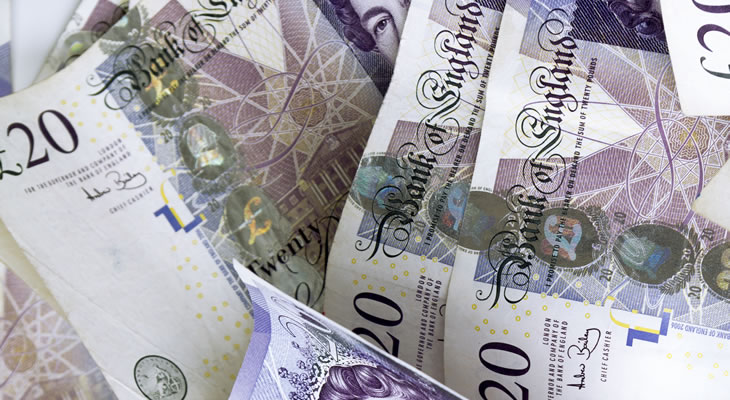Political concerns have returned to weigh on the Pound today and are likely to continue to do so in the short-term.
GBP EUR has fallen -0.2% to 1.1425, while GBP USD is managing to hold 0.1% above opening levels (although this is due to US Dollar weakness) at 1.2772.
Next week sees the beginning of the UK’s Brexit negotiations, but the government has yet to even send across its ‘positioning papers’ to Brussels.
London received the papers from Brussels, which briefly set out the main negotiating aims and strategies of the EU, on Monday, but has yet to reciprocate.
Theresa May and the minority Conservative government is still scrambling to repair the damage caused by last week’s chaotic general election result, which saw the Tories lose -13 seats, taking their share in Parliament to 318; below the 326 required for a majority.
The Prime Minister has several major issues she is currently battling against before she can finalise her Brexit approach.
No Majority
Clearly key to the success of May’s Brexit plans will be to secure a majority in Parliament. While markets were cheered by the suggestion that Northern Ireland’s Democratic Unionist Party (DUP) may agree to prop up the Tories, problems with this have emerged. Both parties are seemingly confident of an agreement, but many are stating that such an alliance is unconstitutional.
Under the Good Friday Agreement, the UK government is supposed to act as a mediator between the republican and unionist parties in Northern Ireland. Many are questioning how the government can remain impartial when it is relying upon the DUP to keep itself in power.
New Brexit Strategy?
What the government actually intends to aim for as a result of the Brexit negotiations is also up in the air. Many are interpreting the election result as the public’s rejection of May’s ‘Hard Brexit’ stance. Opposition and business leaders are piling the pressure on the Prime Minister to change her approach and target a ‘Soft Brexit’ instead.
Even high-profile Brexiters such as Michael Gove, who has recently returned to the Cabinet, have suggested that ‘all voices’ must be listened to going forward, indicating that they too are more open to an alternative form of Brexit.
The hope that the UK could yet end up with a ‘Soft Brexit’ is helping to support the Pound. Should this be proven overly-optimistic, GBP could tumble.
Securing the Backing of Her Party
Unsurprisingly, Theresa May is not entirely popular with her MPs following the election. Many are furious that her campaign managed to squander a huge lead over Jeremy Corbyn and the Labour Party, who gained 30 seats in Parliament to hit 262.
Additionally, Theresa May is now in the uncomfortable position of having to press on with a Cabinet full of ministers who are very aware that the Prime Minister had intended to fire them after the election, had she gained a majority.
The PM therefore needs to be certain she has the backing of her party before pressing on with negotiations – although this in itself could be another pressure point that forces her to consider a ‘softer’ Brexit.
Other Risks to GBP Exchange Rates
On top of the political chaos, the Pound has plenty more to contend with. Inflation, wage and retail sales data of late has pointed to further slowing in consumer spending.
This means that predictions the UK economy will have rebounded in the second quarter after GDP slowed to 0.2% in the first quarter may have been too optimistic.
The silver lining to this cloud is that surging levels of inflation prompted three Bank of England (BoE) policymakers to vote for an interest rate hike at yesterday’s meeting.
While political chaos and data may continue to create headwinds for the Pound, market expectations that an interest rate hike is only a short way away could help support GBP exchange rates.


Comments are closed.